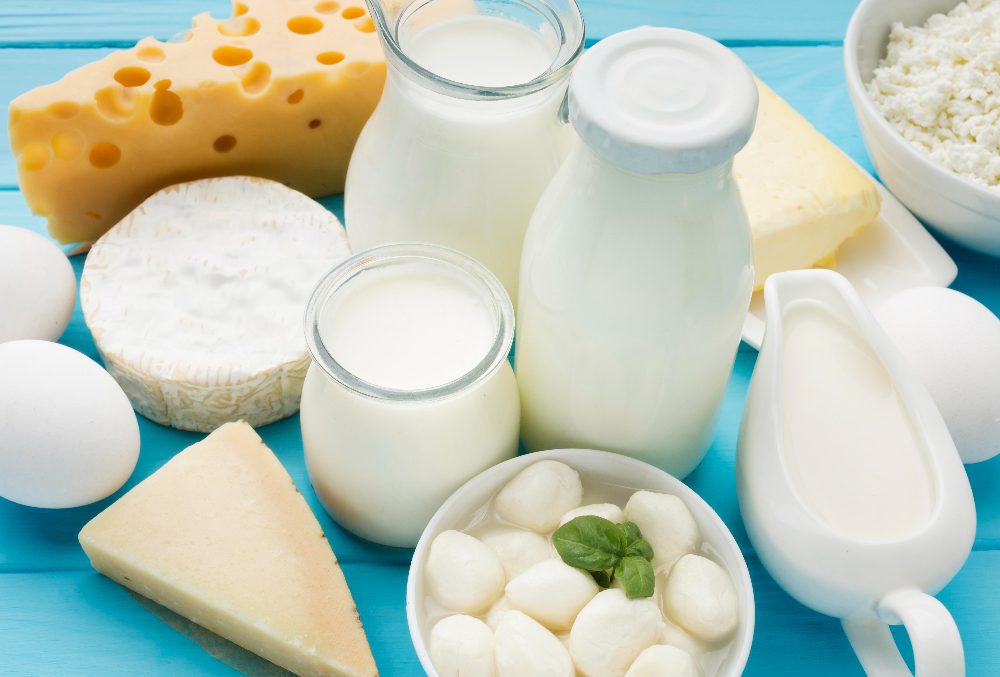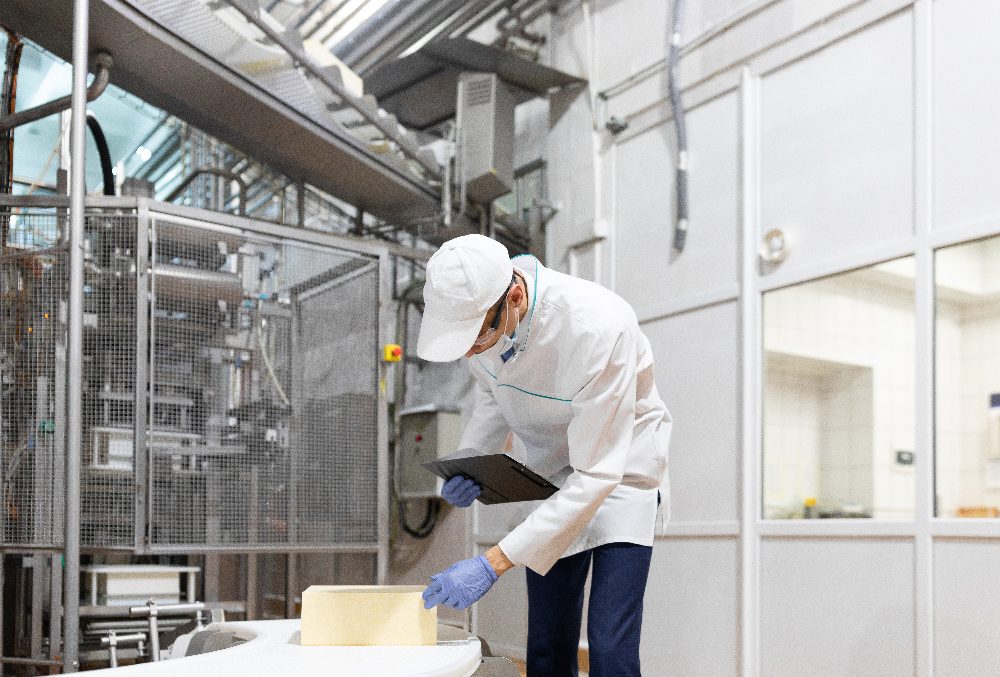Precision plays an essential role in the dairy industry. Meticulous attention to detail is required to formulate infant formula, extract casein, create milk powders, and produce lactose. Any minor deviations in the manufacturing process can impact the taste, nutritional value, and overall quality of dairy products.
Importance of Consistency in Dairy Processing
In dairy processing, consistency encompasses various critical factors, including ingredient proportions, processing temperatures, and mixing durations. Any variation in these fundamental aspects can lead to significant deviations in the final dairy product’s quality. For instance, the precision in managing these factors directly influences the properties of various dairy powder products. This ensures consistent texture and flow characteristics in milk powders used to make products like Milo, chocolate, and condensed milk. Precise, uniform handling ensures that each batch meets exact regulatory standards and adheres to brand specifications, strengthening consumer trust and loyalty.
Challenges in Dairy Product Handling
Several challenges in dairy product handling must be addressed to ensure optimal quality and safety of the products. Key challenges include:
1. Moisture Control
Milk powder is hygroscopic, meaning it readily attracts moisture from the surrounding environment. This characteristic presents a significant challenge during pneumatic conveying, where even small amounts of humidity in the system can cause problems. The hygroscopic nature of milk powder necessitates careful handling to prevent clumping, caking, and microbial growth, which can compromise product quality and shelf life.
2. Contamination Prevention
Contamination prevention is another critical aspect of dairy product handling, crucial for upholding food safety standards and consumer trust. Contaminants, such as bacteria, moulds, and chemical residues, pose serious health risks and can lead to product recalls and reputational damage for dairy manufacturers. Dairy products with higher moisture content are especially susceptible to contamination, as moisture provides an ideal environment for the growth of these contaminants. Familiar sources of contamination include inadequate sanitation practices, cross-contamination from equipment or surfaces, and improper storage conditions.
3. Ensuring Free-Flowing Milk Powder During Conveying
Pneumatic conveying of milk powder requires careful handling to maintain its free-flowing condition and to prevent issues such as caking and segregation. Caking and clumping usually occurs due to moisture absorption, electrostatic charges, or improper settings. Besides, segregation happens when particles with different sizes or densities settle unevenly. Both issues can lead to uneven ingredient distribution within the final product, compromising overall quality.
Technological Advancements
Technological advancements in dairy powder processing equipment have revolutionised the FMCG food manufacturing industry, offering innovative solutions to enhance efficiency and product quality. Advanced filtration techniques and automated control systems have become integral components of modern powder handling systems, optimising the processing of dairy powder processing equipment. These advancements maximise production processes, ensuring consistency and reliability in dairy powder processing, ultimately elevating industry standards and meeting the evolving demands of FMCG food manufacturing.
Role of Pneumatic Conveying Systems
Among the multiple challenges of dairy product handling, pneumatic conveying systems offer a solution to ensure optimal quality and safety. These advanced systems excel in gentle handling, preserving the delicate integrity of dairy products, such as milk powders and cheese curd. By precisely dosing ingredients and maintaining consistent flow rates, pneumatic conveying systems reduce the risks of clumping and contamination, safeguarding product quality throughout production. Moreover, their efficient transport capabilities streamline operations, reducing waste and enhancing overall efficiency in dairy manufacturing.
Elevating Dairy Powder Processing Standards
Pneumatic conveying systems offer various benefits to the dairy industry, driving improvements in efficiency, milk quality control, and cost savings. By seamlessly transporting dairy powders with precision and reliability, these systems optimise production processes, ensuring consistent product quality while minimising waste and resource utilisation.
Contact us at Pneu Powders Systems today to explore more customised solutions for your dairy processing needs.





